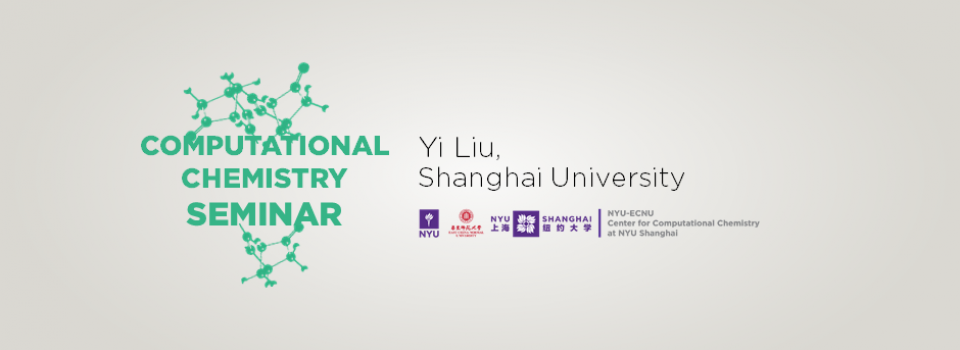
Abstract:
The chemical reactions of energetic materials triggered by mechanical and thermal shocks are instant and complex, hard to be captured at these extreme experimental conditions. The molecular dynamics (MD) simulations using reactive force field (ReaxFF) provide atomistic level understanding on the spatial and temporal evolution of chemical reactions in condensed phases under extreme conditions. In this talk, I first introduce the Low Gradient (lg) model of dispersion correction on reactive forcefield ReaxFF. The dispersion corrected ReaxFF (ReaxFF-lg) improved the density prediction of energetic materials significantly. Then I describe some applications of reactive MD: (1) Compress and shear simulations on the sensitivity of RDX crystal; (2) Thermal shock study on HMX crystal; (3) Chemical reactions of hypergolic propellants; (4) Thermal decomposition of nanocarbon energetic composite materials. Finally, the issues and perspective of reactive molecular dynamics study are discussed.
Biography:
Prof. Yi Liu obtained his Ph.D. degree at Materials Science and Engineering at Institute of Metal Research in China in 1997. Then he has worked in the field of computational materials science at Nagoya University, Japan (1997-2002); Juelich Research Center, Germany (2002-2003); University of Western Ontario, Canada (2003-2005); California Institute of Technology, US (2006-2012). He was a Professor at the School of Materials Science and Engineering, the University of Shanghai for Science and Technology between 2012-2015 before he moved to Materials Genome Institute and Department of Physics at Shanghai University (2015-present). His current research interests focus on the materials design for combustion, energy materials, superalloy, and nanomaterials by combining computation (density functional theory and molecular dynamics simulations), data mining, and high-throughput experiments approaches.
Bi-Weekly Seminar Series by the NYU-ECNU Center for Computational Chemistry at NYU Shanghai


